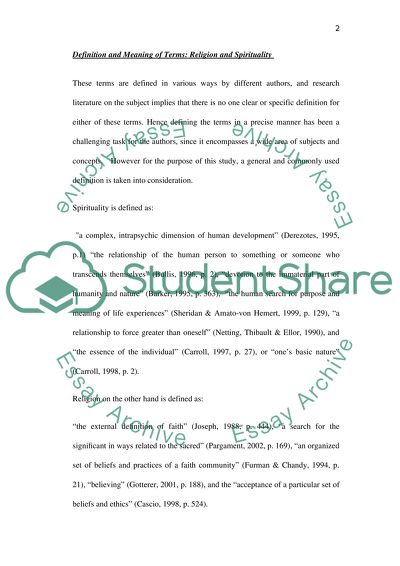Cite this document
(“Spirituality,Religion,and Social Work Research Paper”, n.d.)
Retrieved from https://studentshare.org/nursing/1428829-spiritualityreligionand-social-work
Retrieved from https://studentshare.org/nursing/1428829-spiritualityreligionand-social-work
(Spirituality,Religion,and Social Work Research Paper)
https://studentshare.org/nursing/1428829-spiritualityreligionand-social-work.
https://studentshare.org/nursing/1428829-spiritualityreligionand-social-work.
“Spirituality,Religion,and Social Work Research Paper”, n.d. https://studentshare.org/nursing/1428829-spiritualityreligionand-social-work.


